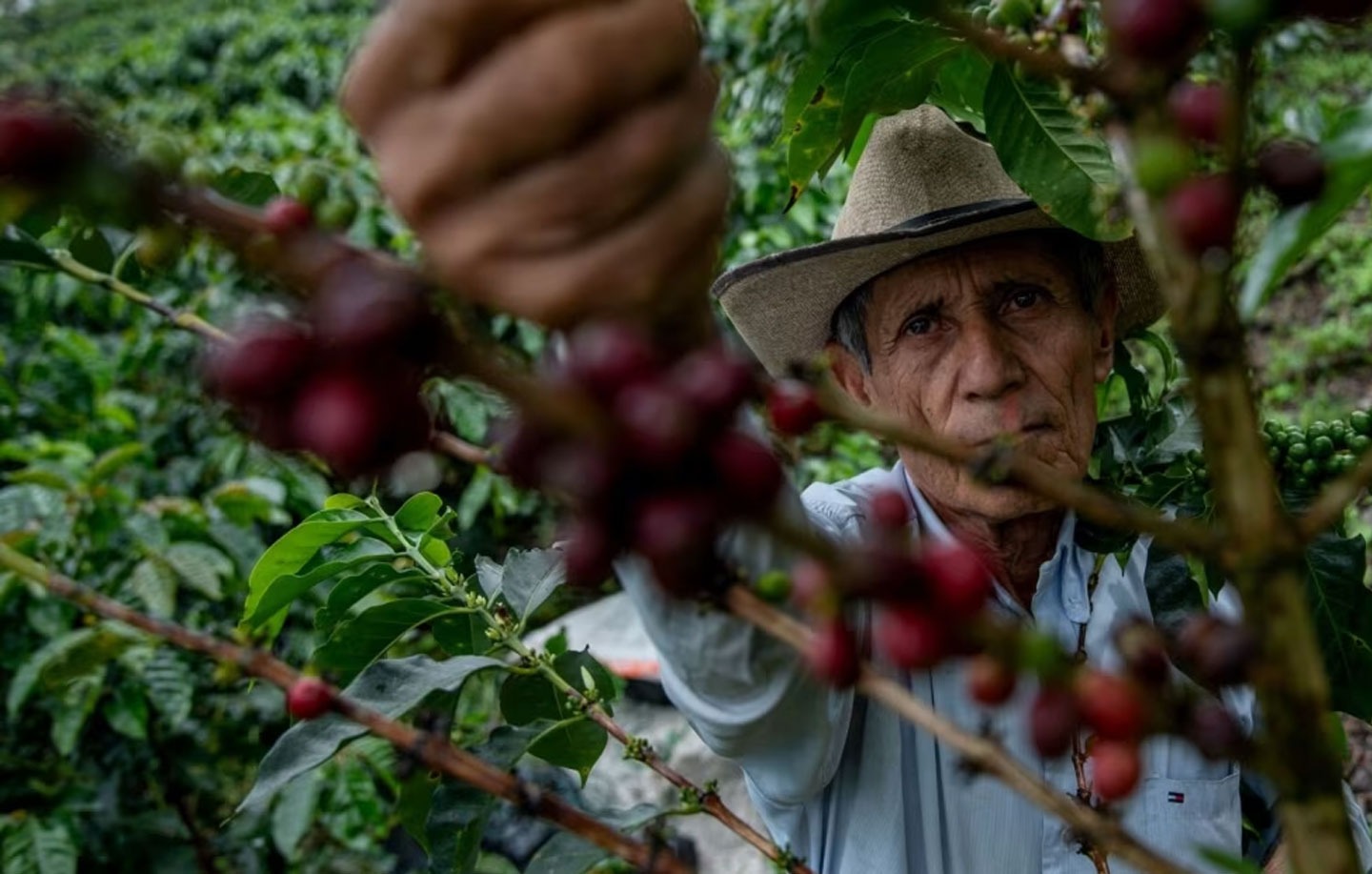The new face of coffee: when traceability and stories make a difference

In recent years, the coffee sector has undergone a significant transformation, with an increasing focus on sustainability and product traceability. Consumers are increasingly interested in knowing the origin of the coffee they buy, wanting detailed information on the path the beans take from the plantation to the cup.
This trend has led many companies to implement advanced traceability systems, often based on technologies such as blockchain, to ensure transparency and authenticity.
At the same time, sustainability has become a crucial aspect in coffee production. Farms are adopting greener agricultural practices, such as the use of precision farming techniques, reducing pesticides and chemical fertilizers, and implementing efficient irrigation systems. These initiatives not only protect the environment, but also improve the quality of the coffee produced.
New regulations, such as the European Deforestation Regulation (EUDR), require companies to demonstrate that their products do not contribute to deforestation. This implies the need to trace coffee beans back to their origin, a particularly difficult challenge for small producers.
In addition, the adoption of advanced technologies such as artificial intelligence is making it easier to monitor production chains, helping companies comply with new regulations and meet consumer expectations.
In short, the combination of authentic storytelling and traceability is redefining the coffee market. Consumers want genuine stories behind every cup, and companies are responding with innovations that promote transparency and sustainability. This not only meets the demands of the market, but also helps to create a more equitable and sustainable future for all actors involved in the coffee chain.
Ricerca Offerte
In Evidenza
Categorie
Parole più ricercate
Fiere
Expo caffè
Azienda
Torrefazione
Eventi caffè
Tendenze Caffè
Ricette a base di caffè
Estrazione
SCA
Fermentazione caffè
Su di noi
Notizie dal mondo del caffè
Mocktails e Bevande Fusion
News
Latte Art
Gambilongo Caffè
Walkaround
Processi di lavorazione
Chiacchiere sul caffè
Sigep 2024
Caffè Verde
Filiera Caffè
Fiere del caffè
Specialty Coffee
Caffè freddo
A BIT OF US
Gambilongo Caffè was born in the sixties from the passion and experience that, handed down from generation to generation, led the company to establish itself, from the outset, distinguishing itself for the quality of the products and services offered.
INFORMATION
Gambilongo Caffè
Sesso Caffè
Academy
News
Contact
USEFUL LINKS
Privacy
Cookie Policy
Conditions of sale
Returns
Shipments
NB: All products available on the site are intended for sale to the public, excluding any retailer.
Gambilongo Caffè S.r.l. | PI: 02889690786 | REA n.cs-196685 | Cap. soc. € 10.000 i.v.
Via V. Bottego - C.da Lecco - 87036 Rende (CS)
(+39) 0984 402034
ufficio@caffegambilongo.it
Powered by Passepartout
